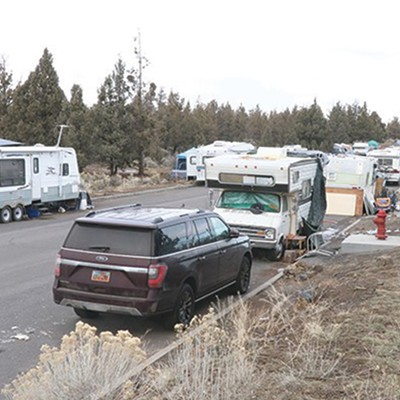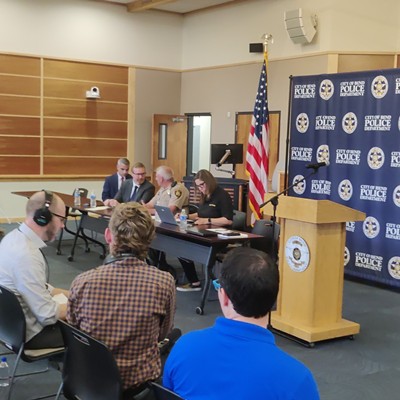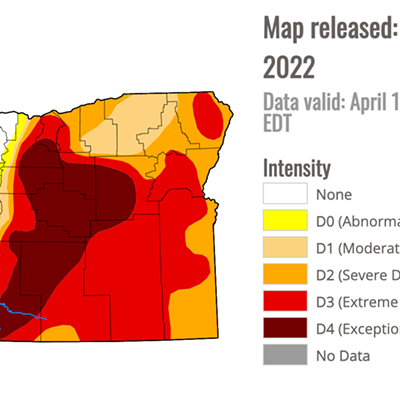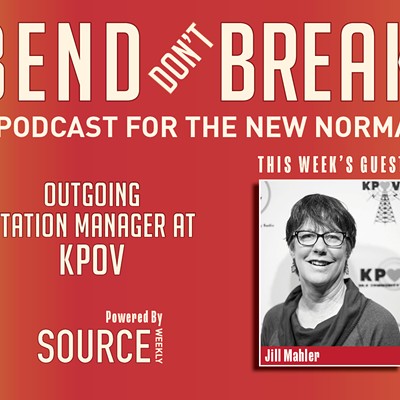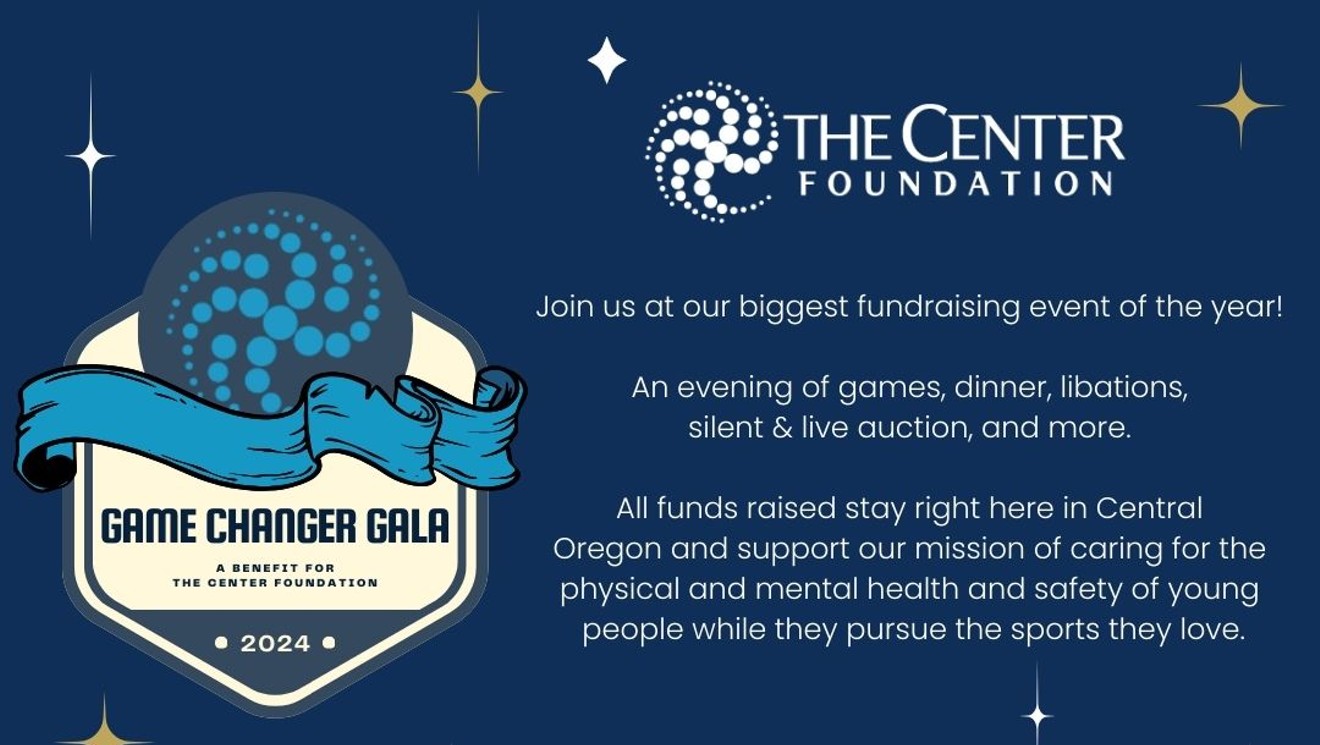Nearly 151 years ago, slavery was abolished in the United States—but for some it may come as a surprise that slavery is not only alive today, but hiding in plain sight.
Women, teens and even men are regularly enslaved by those who possess power, using threats and coercion to force people into commercial sex and labor. Since 2007, (when record keeping began) there have been almost 30,000 reported cases of such slavery in its new incarnation: human trafficking. And it's a lucrative industry, even in Central Oregon.
"First and foremost, Americans don't believe that this is an American problem," begins Terri Swendsen, co-chair of the Bend branch of Soroptimist International's (SI) Human Trafficking Committee. "And even more so, given our beautiful community and its surroundings, Central Oregonians can't or won't believe that it is a problem." For Swendsen, the challenge lies in creating awareness and then acknowledging an issue that sees vulnerable people, namely women, targeted and trafficked. SI raises awareness by holding educational programs and candelight vigils (the one scheduled Jan. 11 was canceled for snow) and hosting other programming.
Of the reports submitted to the National Human Trafficking Hotline, 83 percent of them for Oregon are related to sex trafficking, mostly rooted around the Portland area and the I-84 and I-5 corridors. In 2016, 49 cases were reported in Oregon. It might seem like an alarming figure, but instead of it being a bad thing, it's a sign that members of the community, hospitality and convenience workers, and even truckers are noticing warning signs and reporting incidents. A big part of solving the problem is looking at it from all sides and flooding the transport corridors with knowledgeable workers who know what to do when they see a victim expressing subtle signs of distress. The hotline is another key component.
"The most important part of trying to solve this problem is reporting it to the National Human Trafficking Hotline," stresses Nita Belles, founder and executive director of In Our Backyard, a nonprofit dedicated to the anti-trafficking movement since 2006. "It is absolutely imperative, because no other organization has the resources that they can gather. There are proven studies that show they are the most effective in both rescuing victims and arresting perpetrators."
Belles' organization is also crucial to the anti-trafficking movement, helping champion the Oregon legislature to pass Bill 3143 mandating that Freedom Stickers be given with each new liquor license renewal. The decals, designed by sex slavery survivors, are placed inside bathroom stalls where victims can be readily reached, away from pimps or their enforcers—other female victims that are higher up on the hierarchy scale, known as bottoms. Bottoms are often left alone in bathroom stalls with victims, where those bilingual signs can alert them to the hotline. Help is just a phone call, or text away.
"It's important to remember that for many victims, psychological and chemical dependence as well as the threat of physical violence against them or their families is a very real deterrent to many victims reaching out for help," adds Swendson. Repeated sightings of these stickers give courage to victims to one day reach out for help. Only 18 percent of reported cases came from phone calls from the victims themselves, with 30 percent of calls coming from concerned community members recognizing a problem. Both figures are low but not disheartening, as the word is spreading that help is there.
Although low income and single family situations may be a factor in putting young women most at risk, victims can come from any demographic. Victims can even believe they are in love with a trafficker, which is why SI Bend spent last year raising awareness about human trafficking in Central Oregon area high schools.
Coupled with efforts to raise awareness among convenience store and hospitality workers, as well as the eyes and ears of the roadways—truckers, there is real movement to abolish the issue. There's even a mobile app called TraffickCam which allows guests to take photos of their hotel rooms so law enforcement can track pornographic images taken in these settings.
It can sometimes feel like the problem is never-ending, but Belles remains hopeful. In her 11 years of working on the issue she notes, "I am hopeful that by linking arms across the nation, we have gained traction. Knowing, believing and reaching out to our community is what's making a difference."
Ways to make a difference against human trafficking
· Notice vulnerability and distress, especially at roadside convenience stores, hotels and rest areas.
· Volunteer to distribute Freedom Stickers at local businesses.
· Get educated and involved, raising awareness with family and friends.
· Donate. Shell Stop & Go, Cuppa Yo and Tumalo Coffeehouse are all accepting donations for the Stop. Give. Freedom. Campaign for the month of January.



